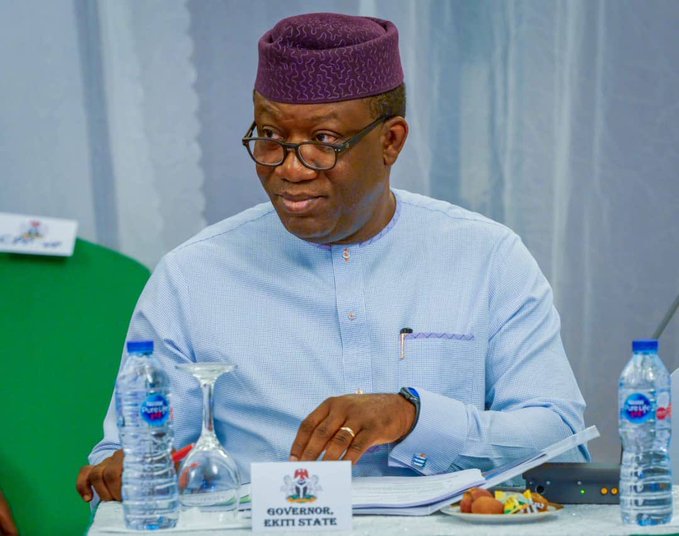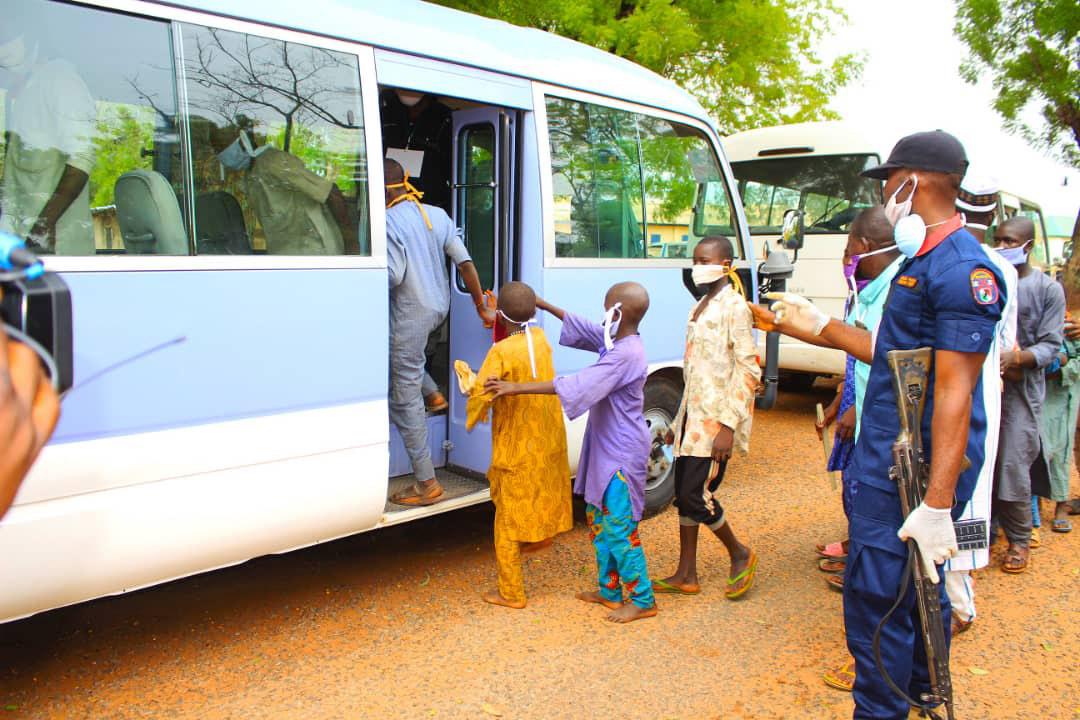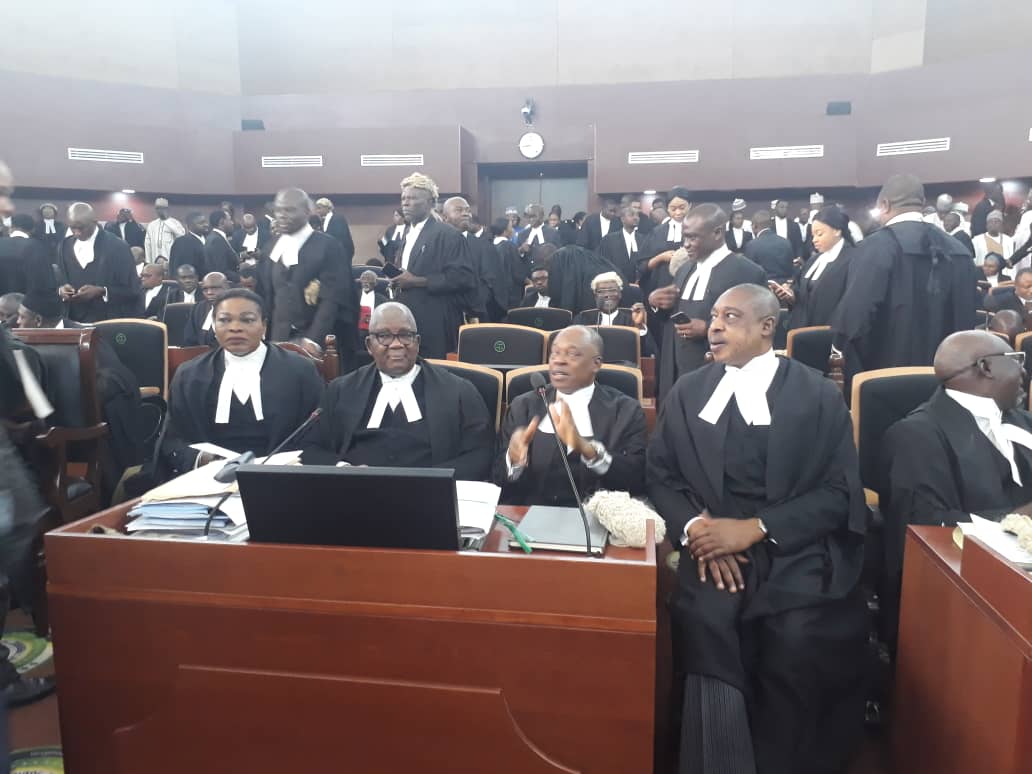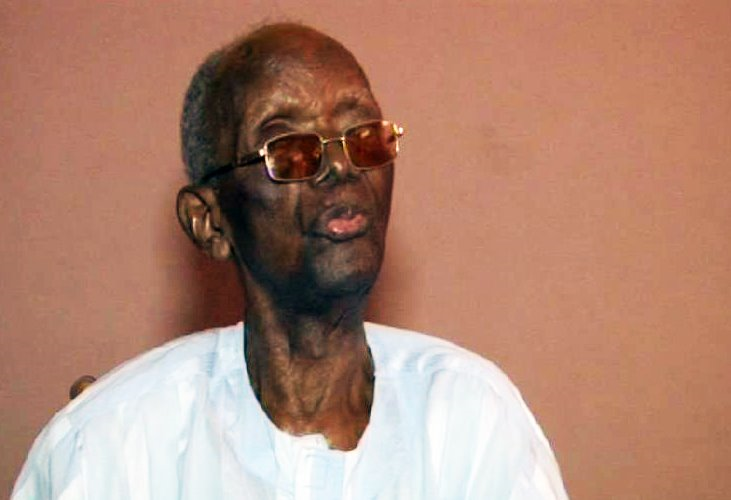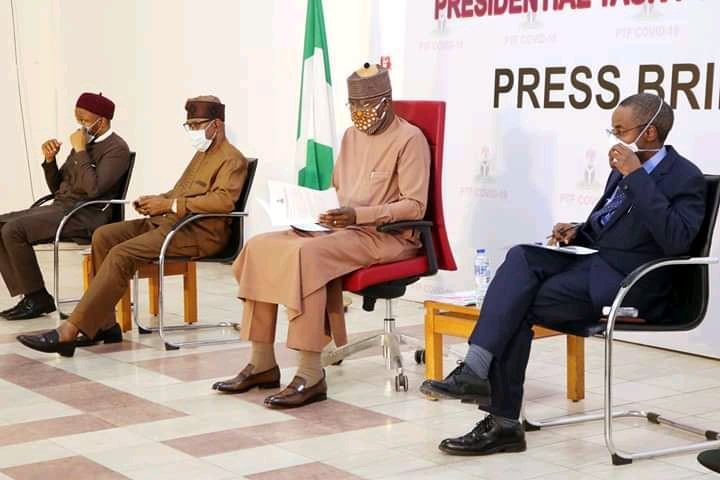BY NKEMDILIM ILO
Covid-19 has turned the world upside down. Every day the meaning of ‘normal’ keeps changing. One area where the world is still grappling with the new reality is in the field of education. How can we train our children in a world where physical contact can lead to immense tragedy? Today I had a conversation with my 8-year-old about her learning experience via the Zoom App. My children are currently attending classes, learning and submitting assignments using platforms like Zoom and Google classroom.
Covid-19 had caught a lot of schools unawares, with several private schools scrambling to conclude the term and complete assessments. Now, more than 4 weeks after the initial announcement of an official shutdown of schools, businesses and life as we know it, I have had to guide my children on how to attend classes online while maintaining safe internet practices as well as adapt to the new environment. There is nothing more exhausting than getting a 2-year-old to sit still and listen to a voice from a laptop, especially when that voice constantly cracks up or becomes disembodied due to internet fluctuations. I have had to subscribe to multiple data service providers such as MTN, ntel, Airtel, Smile, all to keep up with the demands of online learning vis-à-vis the apparent fluctuations in internet service provision across all the different networks. This has been an exceptionally discomforting and cost intensive journey so far. Nevertheless, I applaud all the schools, especially private schools, that are trying to adapt to the new way of life and teachers that are trying to keep their students educated in these times. One thing I am certain of is that in a post Covid-19 era, my children will remain educated.
This is however not the case for a lot of schools right now, especially public schools. Our public education system has suffered several infrastructural and capacity deficit over the years despite the huge sums of money being budgeted for education purposes. The current Covid-19 situation will be a crucial litmus test of how strategic and resourceful our educational sector state actors are in adapting our educational resources to meet the uncertainties. Currently, in view of the hardships and uncertainties around our health infrastructure and means of livelihood, our attention may not immediately be turned to the possible implication of covid-19 on Nigeria’s educational system and its implication in years to come. In my humble opinion these are thoughts that our education sector leaders and stakeholders need to begin planning for. Yes, we are a country besieged by constant strikes and we have always taken these in our stride but this may not be possible now that there is no specific termination date for the Covid-19 pandemic, neither is there a group of Covid-19 stakeholder viruses that we can call to the negotiation table and sign agreements with!
Advertisement
At this time, several countries are trying to figure out how to shift education system to online distance online. In countries, such as the United Kingdom and the United States of America, it is possible to complete post graduate degrees using an online distance learning program. Nigeria has the National Open University program that provides an opportunity for long distance learning but this will be inadequate to provide for the educational needs of young Nigerians. While some institutions of higher learning currently have distance learning programs, there is currently no infrastructural arrangement put in place for distance learning program across secondary or primary school education that is government driven. Do we then sit, fold our arms and wait for the pandemic to end? Or do we begin to call on our elected representatives, our public institutions, regulators, private sector business and development partners to pull together resources that can repurpose and reshape our education policies and resources that can meet the new and very present educational challenges?
The Federal government has announced palliative measures to help Nigerians weather the current storm. While this is laudable, like Oliver Twist, I am going to ask for more. First, the Federal Ministry of Education, as a member of the Presidential Taskforce on Covid-19, can play a pivotal role in mobilizing other state and non-state actors in joint brainstorming session that leads to the development and issuance of guidelines and long-term plans and policies for the comprehensive education system in Nigeria, whether private or public. This could act as a source of direction to many educational providers and stakeholders that are floundering and confused as to how to proceed.
Secondly, the Federal government, through its agencies, need to play a critical role in mobilizing the data service providers to provide solutions and packages that enable more subsidized internet rates to help able and willing parents to meet the educational needs of their children.
Advertisement
Thirdly, our government and relevant partners need to also begin to strategize on a stimulus package that prioritize support for education and boost opportunities for online/distance learning across primary, secondary and tertiary institutions. This is especially important given the reality that many Nigerians may not be able to afford school fees when there is no guarantee of an income or job during and post the pandemic.
Finally, in-depth review of our educational policies need to be undertaken at this time. A review that sees the development of a cohesive policy on institutional and infrastructural development on distance and online learning across the different education levels. In this context, there will be no greater irresponsibility than failing to learn, adapt and plan for an eventuality that may come. An eventuality that sees a lot of public schools not reopening for some time to come and a gap in the learning and education of young Nigerians must be confronted for the best interest of our kids.
My children are privileged to have available to them facilities that enable online learning, but how many Nigerian children have this access? How do we promote equality in the learning opportunities available to all Nigerian children? This is our new reality and it is time we begin to renegotiate and rework our education policies to accommodate issues such as this. As a mother, I wish that no child is left behind!
Nkem is CEO of Public and Private Development Centre (@ekpebor)
Advertisement
Views expressed by contributors are strictly personal and not of TheCable.
Add a comment
